As Qatar implements new legislation to protect workers from heat stress, this guide provides employers with the information they need to mitigate the risk of heat stress among workers, ensuring protection and proper working conditions for all.
. What is heat stress?
When a person performs hard physical work, the body produces high amounts of heat which must be relieved to the environment to maintain a stable body temperature. It does this mainly by producing sweat on the skin so that it can be evaporated, and by sending more blood to areas that are cooler, such as the skin, the arms, and the legs. If the person is performing work in a hot environment, it is a lot more difficult to get rid of the heat that is being produced internally. If the body cannot get rid of excess heat, its core temperature rises and the heart rate increases. As the body continues to store heat, the person begins to lose concentration and has difficulty focusing on a task, may become irritable or sick, and often loses the desire to drink water. The next stage is most often fainting and even i death if the person is not rapidly cooled down.
2. Can heat-related illnesses be prevented?
YES! The best ways to reduce the risk of heat-related illnesses include work practices such as allowing self-pacing of work, drinking water often, wearing appropriate clothing, making the work environment cooler through air conditioning and ventilation, providing shaded rest areas and perform annual health check-up.
3. Is the employer responsible for protecting the health of workers?
YES! Employers are responsible for providing healthy and safe workplaces Employers should identify hazards and take measures to remedy problems before they cause an accident or disease Employers should include all prevention actions in their risk assessment Labour Law, Articles 99 to 107 and Ministerial Decision No. 17 of 2021, Article 41
4. When is work in outdoor workplaces prohibited?
Work cannot be performed in outdoor workplaces where workers are exposed to weather conditions, such as solar radiation, humidity and heat) from 01 June to 15 September, from 10 am to 3.30 pm (Ministerial Decision No. 17 of 2021, Article 21
5. How is outdoor workplace defined?
Outdoor workplaces are defined as workplaces where workers are exposed to weather conditions (such as solar radiation, humidity and heat)
6. Can work be performed in a shaded and ventilated workplace that is outdoors?
Yes! If work is performed exclusively in shaded and ventilated workplaces, work can be performed outdoors, provided that the wet-bulb globe temperature index (WBGT), used to assess the level of occupational heat stress, is below 32.1
7. How are shaded and ventilated workplaces defined?
These cover outdoor workplaces where there is a sufficient and suitable system of ventilation (fans and/ or air-conditioning), where workers are not exposed to solar radiation, or where there is no exposure to heat from operating machines and other sources. (Ministerial Decision No. 17 2021, Article 1).
8. What is the WBGT?
The wet-bulb globe temperature index is a widely-adopted index to evaluate occupational heat stress. It takes into account the temperature, humidity, wind-speed and solar radiation. Pursuant to the new Ministerial Decision, an instrument for measuring WBGT should be located in close proximity to the workers, without risking accidents and/or interrupting their normal workflow. This ensures that the collected data represent workers actual level of occupational heat stress.
9. What are the specific measures concerning information and training, provision of drinking water, shaded rest areas and personal protective equipment?
Workers and safety and health officers should be informed and trained abouTraningt how to prevent heat-related illness. Employers must provide workers with and suitably cool drinking water, shaded rest areas that are easily accessible to workers and effective in providing shelter from solar radiation during breaks, as well as personal protective equipment appropriate for the hot Decision, No. 17 of 2021, Article
10. How can employers support process of acclimatization of workers?
Acclimatization is a gradual physiological adaptation that improves workers capacity to tolerate heat stress by optimizing human thermo-physiological responses in the heat. Employers should allow workers to acclimatize to the conditions by gradually increasing their workload or providing breaks more frequently to new workers and those returning to a job after time away, Based on an analysis of the conditions in the summer in Qatar, it is recommended that newly-recruited workers gradually build up their exposure over two weeks before full duties are assigned.
11. Is it safe to work at night?
Night shifts can reduce workers exposure to heat stress However, there might be adverse effects of night shifts on workers safety, productivity, and health. Sleep deprivation accumulating over consecutive days can lead to acute or chronic fatigue and increase the risk of accidents. Based on an analysis of the conditions in the summer in Qatar, a work shift between 16:00 and 02:00 offers the optimum combination of low occupational heat stress and limited risk of sleep deprivation.
12. What are the medical checks needed to diagnose and manage chronic diseases that may contribute to the risk of heat stress?
There is evidence that certain chronic diseases may heighten the risk of heat stress. These include hypertension and diabetes. In addition to the medical screening carried out prior to departure, medical checks should be carried out on an annual basis to diagnose these diseases so that they can be managed, and workers who are at risk at heat stress can be reassigned to other tasks.
13. What are the penalties for non-compliance with Ministerial Decision No. 17 of 2021?
In case of non-compliance with any of the requirements set forth in the Ministerial Decision No. 17 of 2021, a workplace may be shut down, in part or in whole. [Ministerial Decision No. 17 of 2021, Article 7].
14. Where can I report a case of non-compliance?
Please call the Labour Inspection Department of the Ministry of Administrative Development, Labour and Social Affairs at 16008. Rest assured that your call will be treated confidentially, meaning that you will not be asked for any personal details and the company will not be informed that a complaint was lodged.



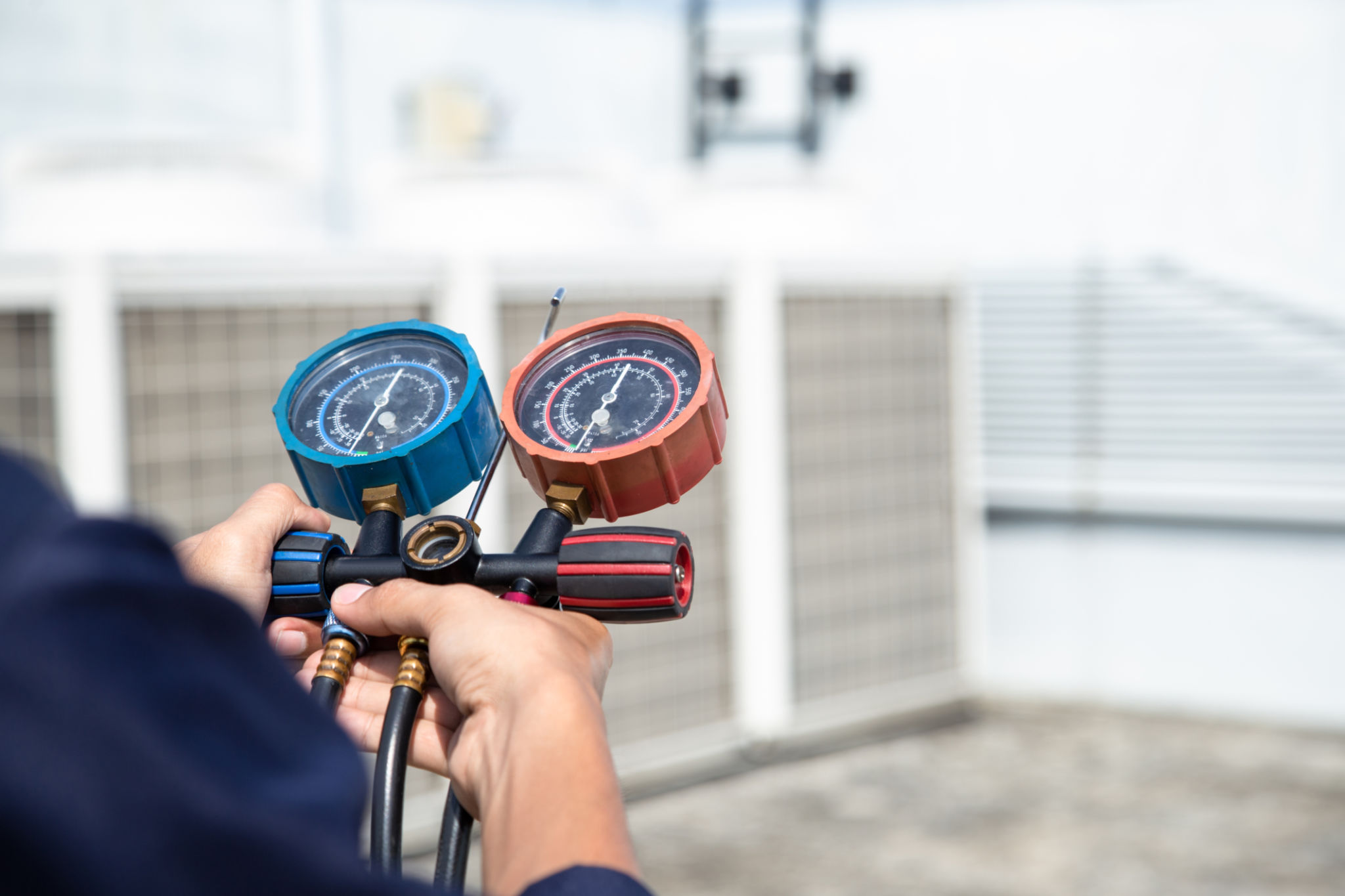
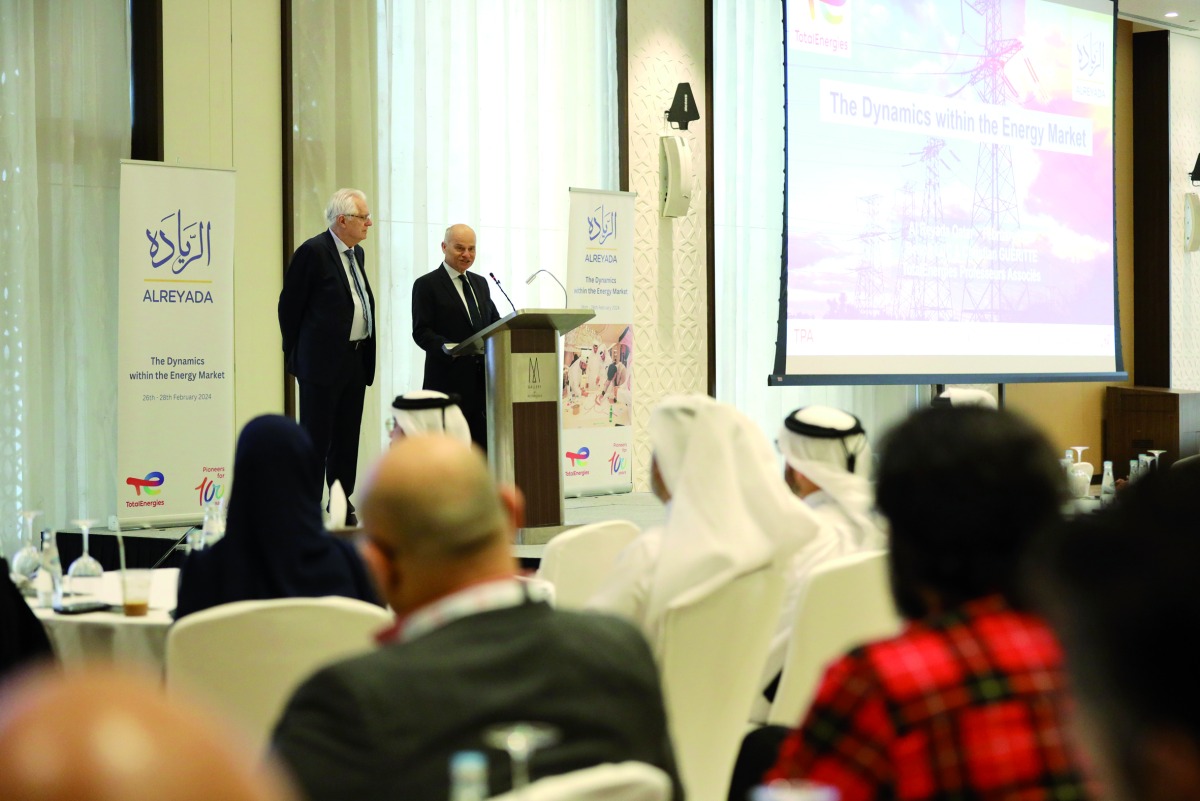


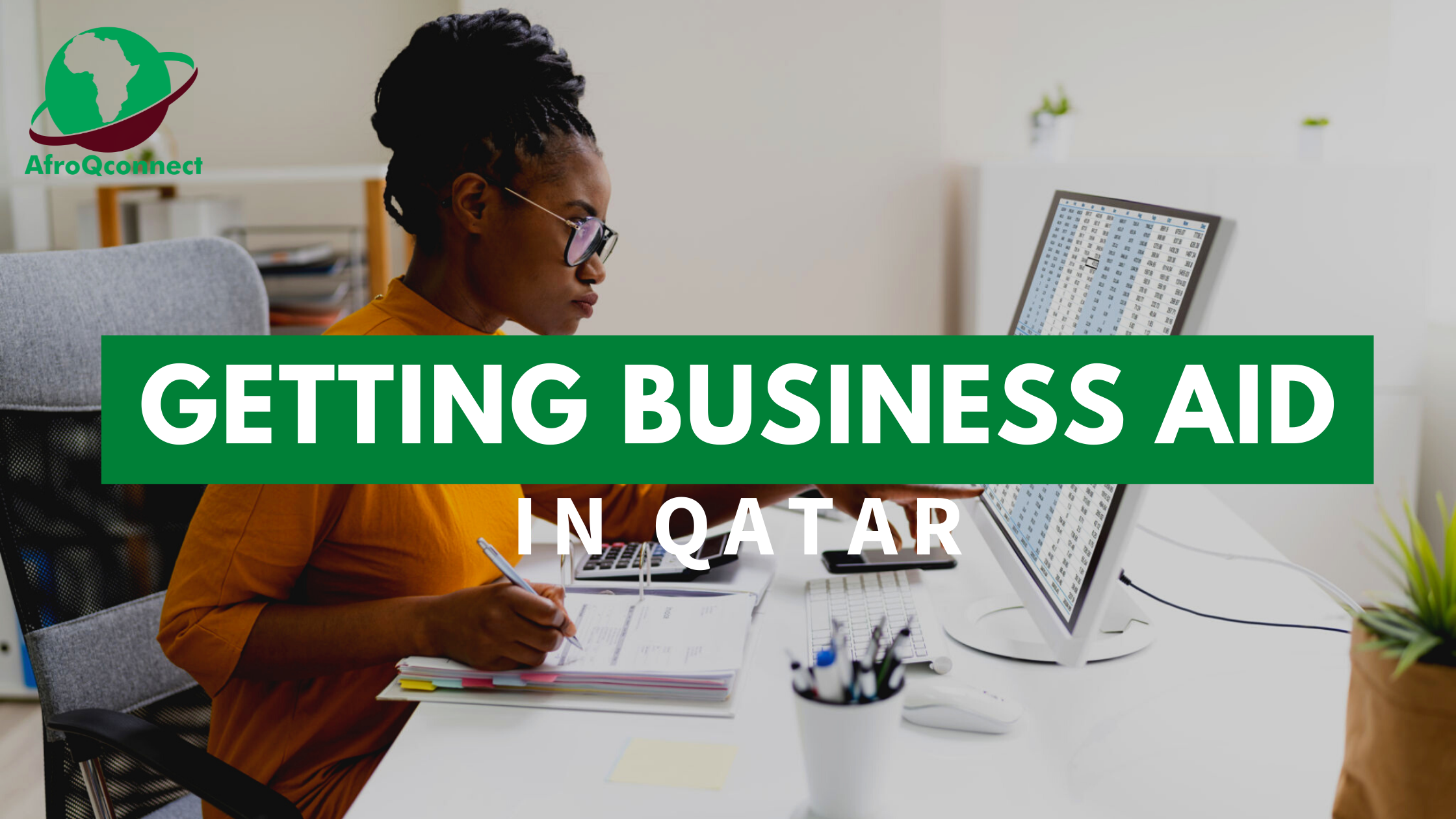

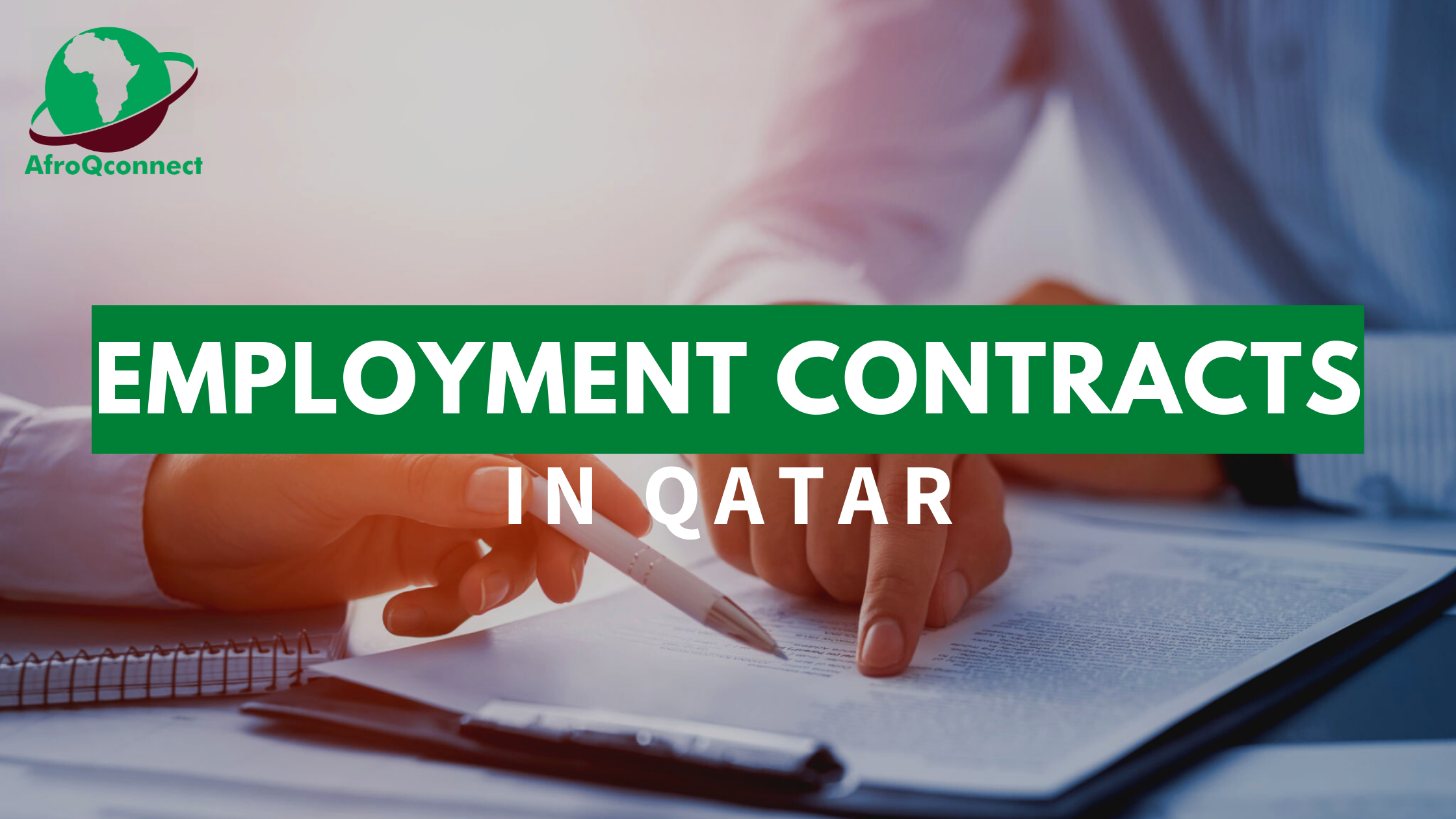

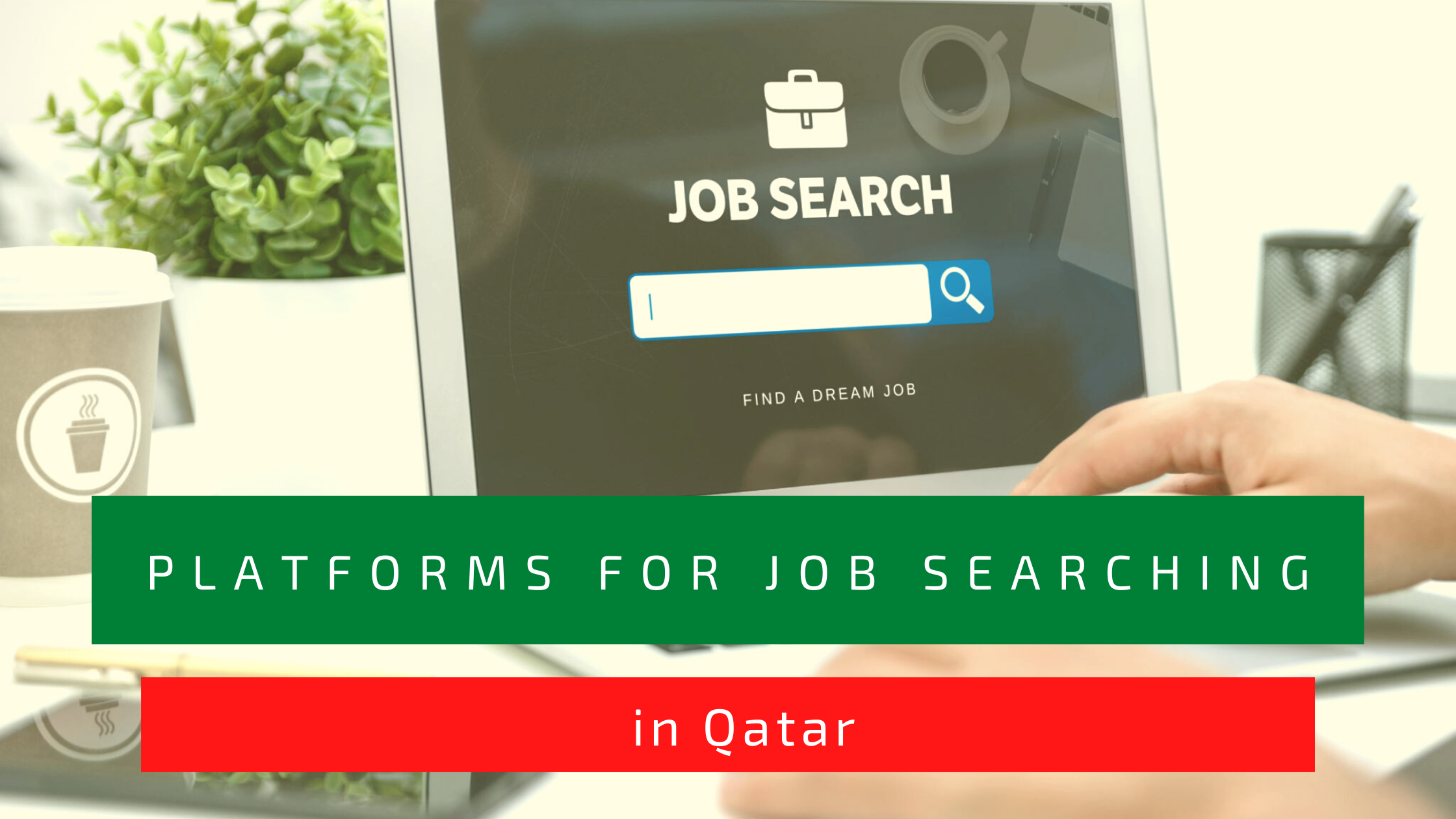






Leave a Reply